Famous Vietnamese attractions described on bank notes
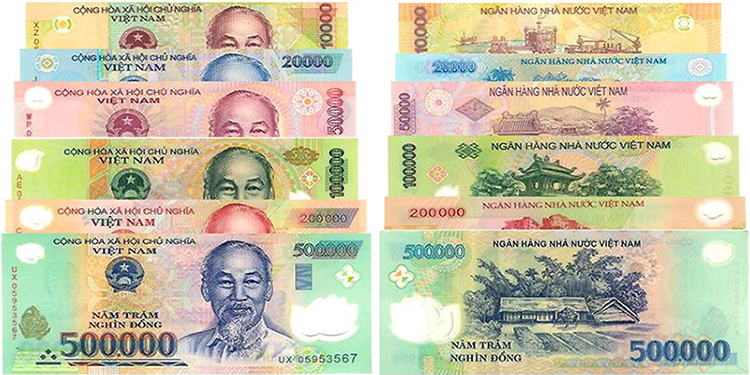 |
The national monetary unit is the Vietnam dong (VND). When the state bank of the new Socialist Republic of Vietnam unified the dong after the Liberation of Saigon, they released banknotes in denominations of 1, 5, 10, 20, and 50 VND. In 1985, the bank halted circulation of the old banknotes and issued new ones, which were worth 10 of the previous dong. Inflation soon forced the government to release new banknotes up to 5,000 VND in 1987 — up to 50,000 VND in 1990. By 2003, there were 500,000 VND banknotes.
Today, all the denominations above 10,000 VND in circulation are polymer. Cotton versions are still out there, but people tend to hold onto them for nostalgia. And even though the bank stopped production of the smaller denomination cotton banknotes — 5,000 VND and under — they’re still in circulation and widely accepted. Stylistically speaking, the older notes were light, with colors printed onto them. The modern polymer notes are colorful, similar in look and feel to newer banknotes around the world.
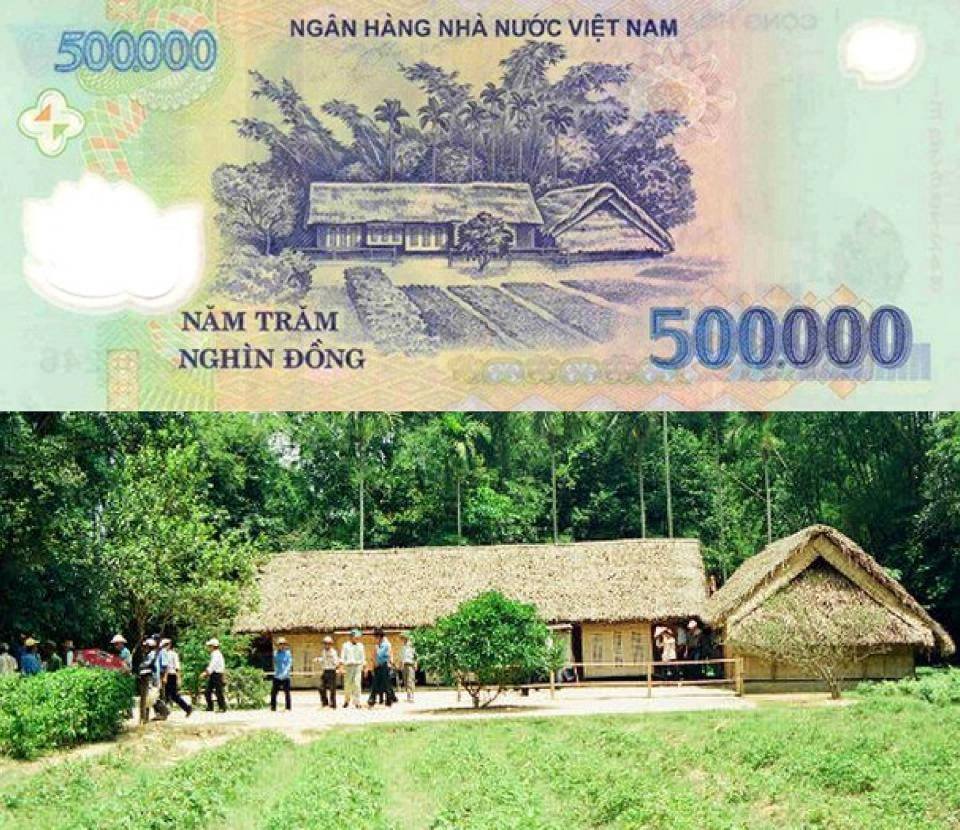 |
Lotus village in Nghe An
It is the biggest value paper now, the paper with face value 500.000VND has the picture of five compartments in Lotus Village (Nam Dan, Kim Lien). This house is a centre to keep an old documents, exhibits, …
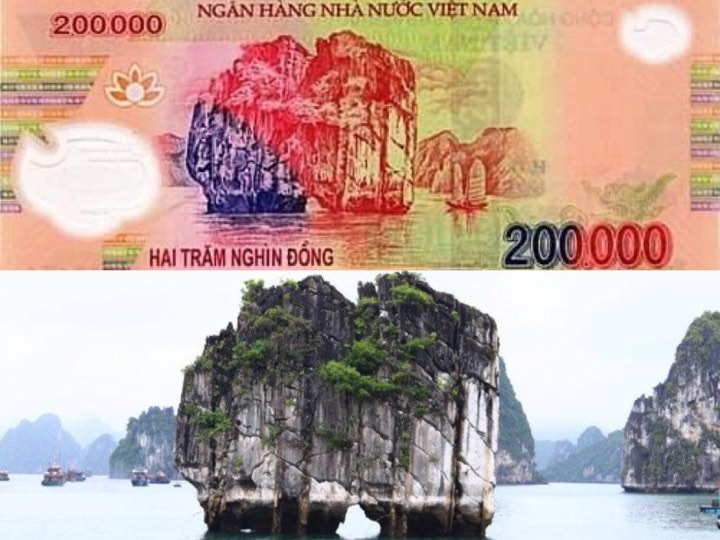 |
Dinh Huong rock in Ha Long Bay
Appeared twice on 10.000 VND (old) and 200.000 VND (polymer), Ha Long Bay is the famous attraction. It is seem as the enormous art of nature with thousands of islands.
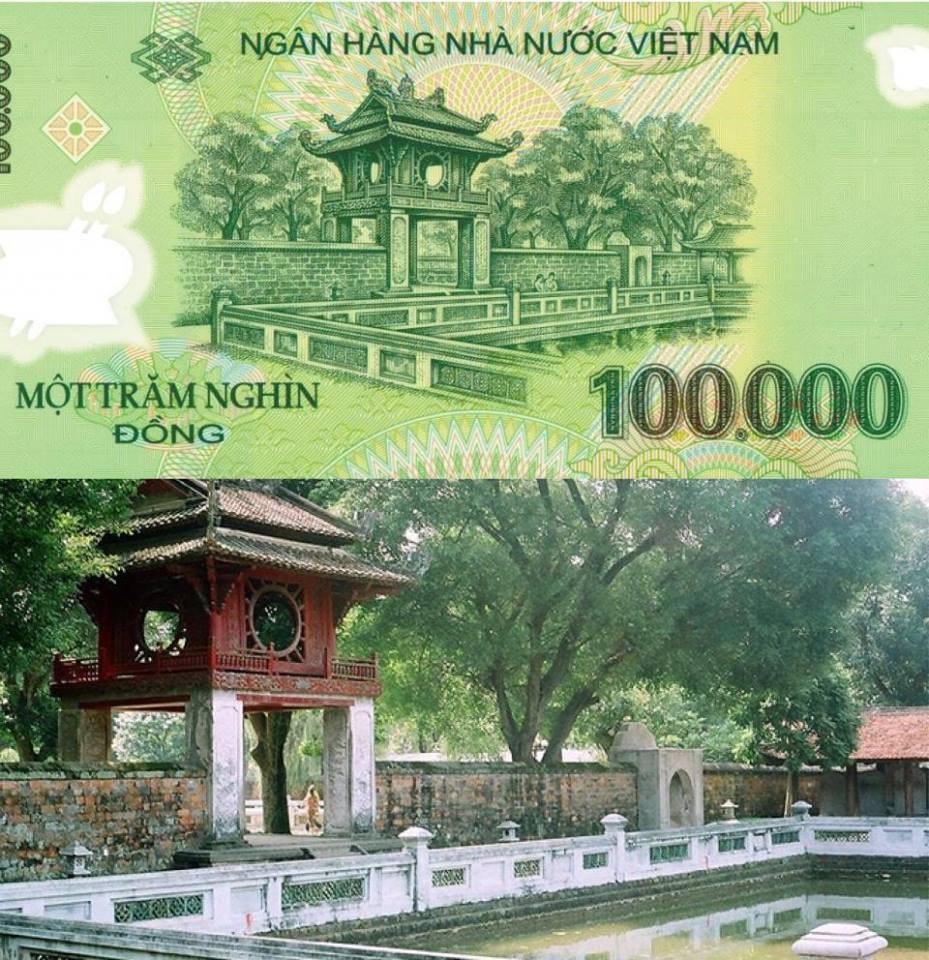 |
Van Mieu - Quoc Tu Giam
This attraction is appeared on 100.000 VND polymer. It is a symbol of everlasting of Vietnamese culture, education. This place also is the famous attraction in Ha Noi capital, attracting thousands of tourists come here every year. Moreover, there are many activities which are held here, such as: cultural activities, honor the people who come first on the test, recite poems activities, introduce spring poems activities…
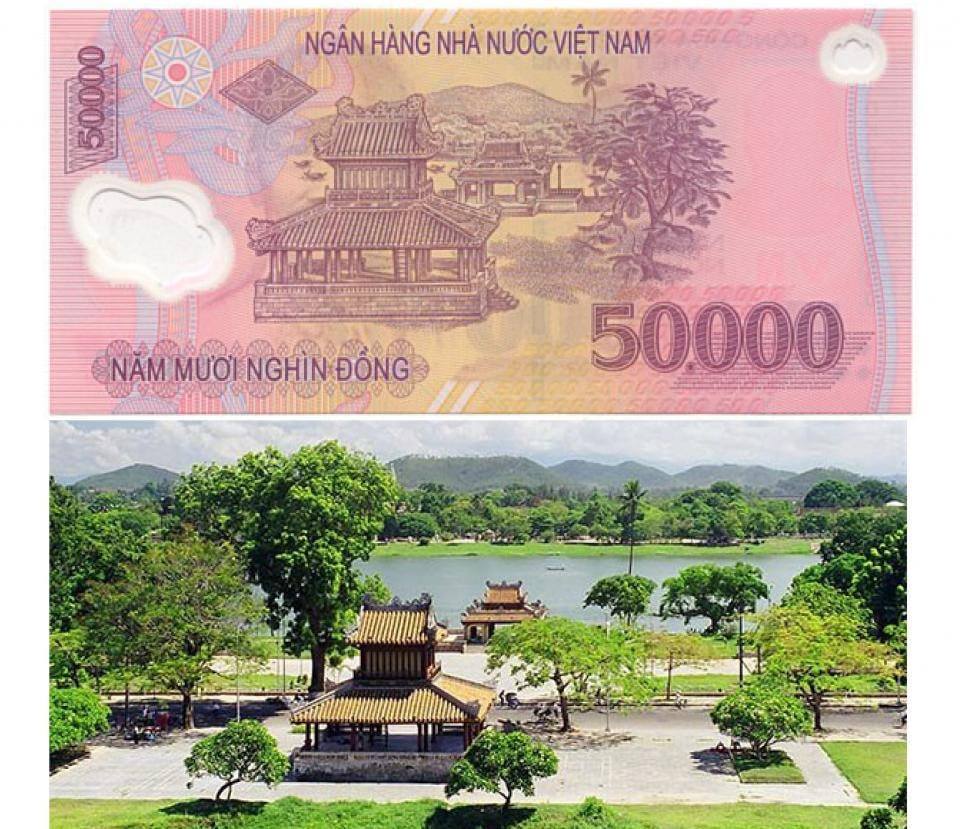 |
Nghenh Luong temple – Phu Van Lau in Hue
This historical monument, which is printed on 50.000 VND polymer, is the ancient structure in Nguyen period. Nghenh Luong Temple is located near Perfume River and was used to as rest place for King before taking off Dragon Boat. Phu Van Lau was built under Gia Long King period and was used as a place to inform important information from the King or results of national exam.
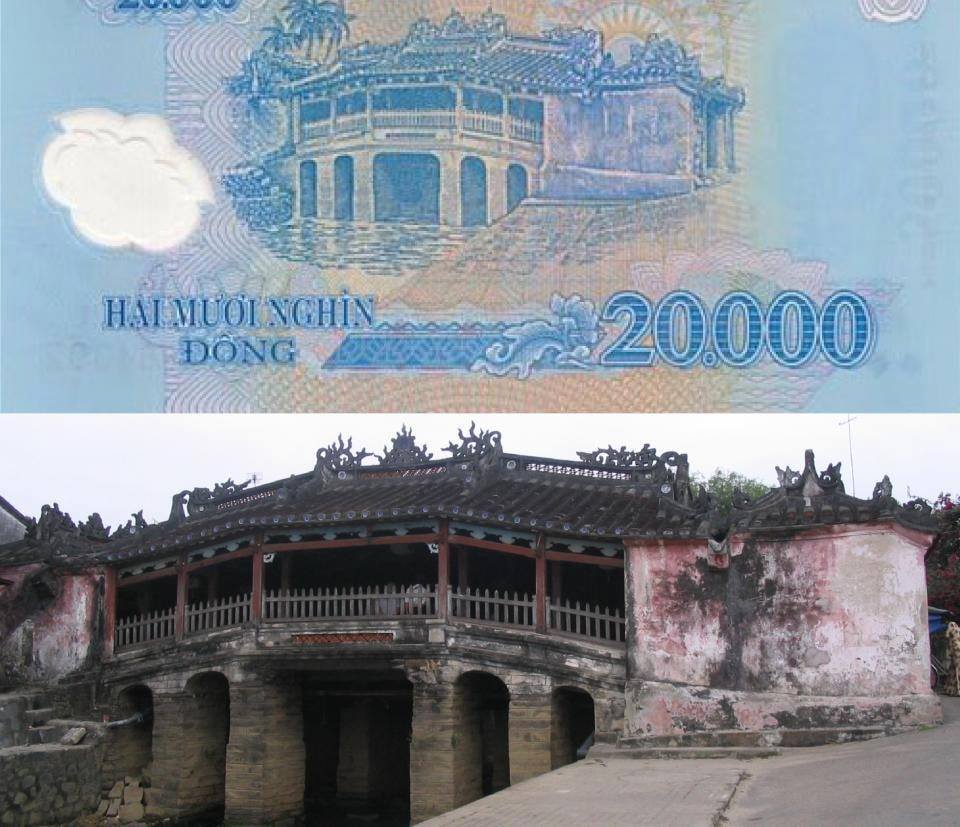 |
Cau Pagoda in Hoi An
On the 20.000 VND, there is a picture of beautiful ancient Cau Pagoda (Hoi An). The bridge in this pagoda has 18 metre of height, lean-to, and across from a stream to Thu Bon River. The pagoda and the bridge are made from wood and painted and carved meticulously, the front of this pagoda is located on the River. It is a symbol of cultural exchange between Japan – China – Vietnam.
Smaller bills show more modern sites like Hai Phong Port on the 500 VND or a textile factory in the northern province of Nam Dinh on the 2,000 VND bill.
Tri An Hydropower Plant in the southern province of Dong Nai graces the 5,000 VND note.
The 10,000 VND has the Bach Ho Oil Field, about 145 kilometers off the southern beach town of Vung Tau.
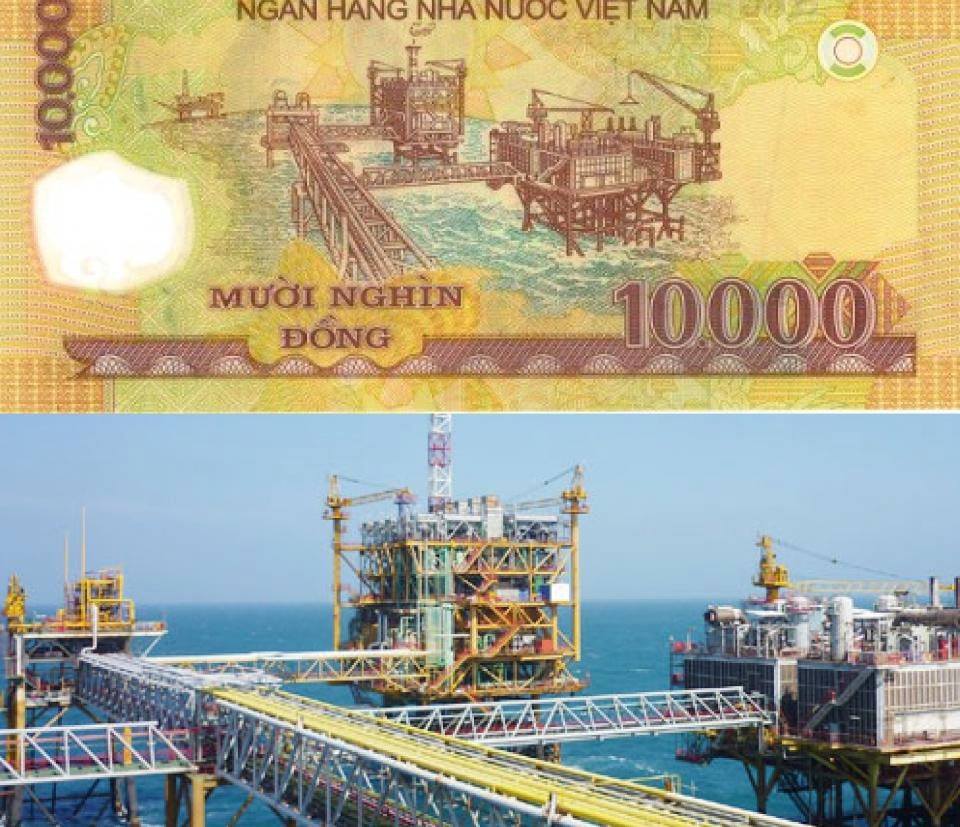 |
Bach Ho oil field - far from Vung Tau coast about 145km
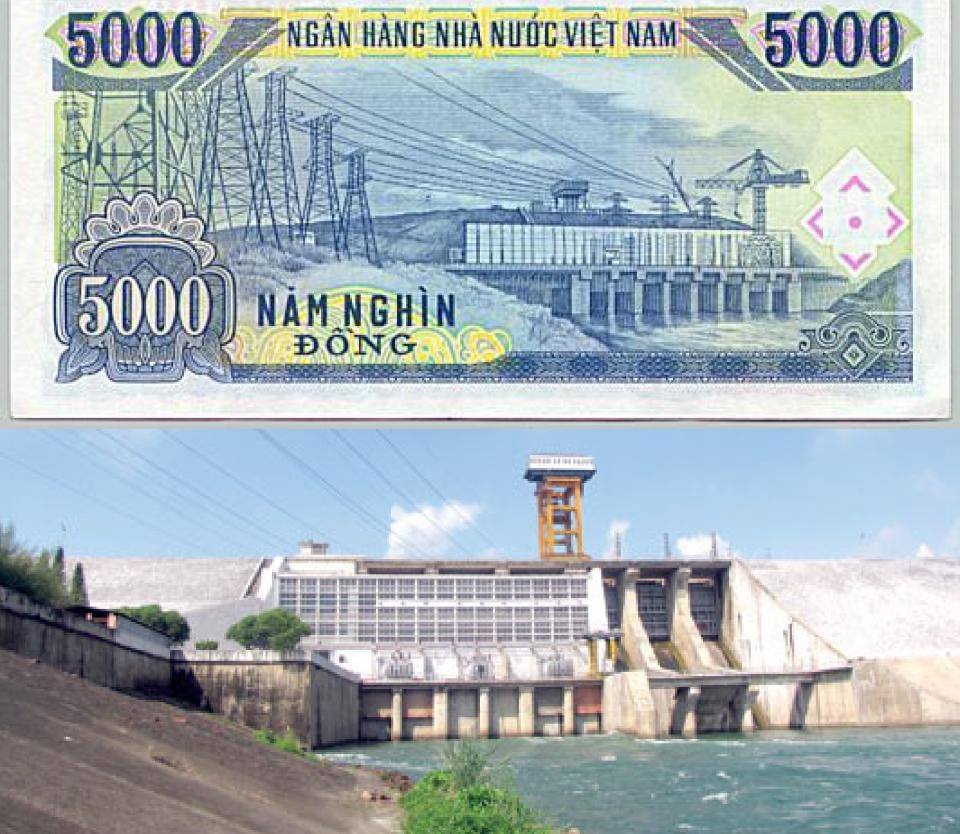 |
Tri An Hydro Power Plant in Dong Nai
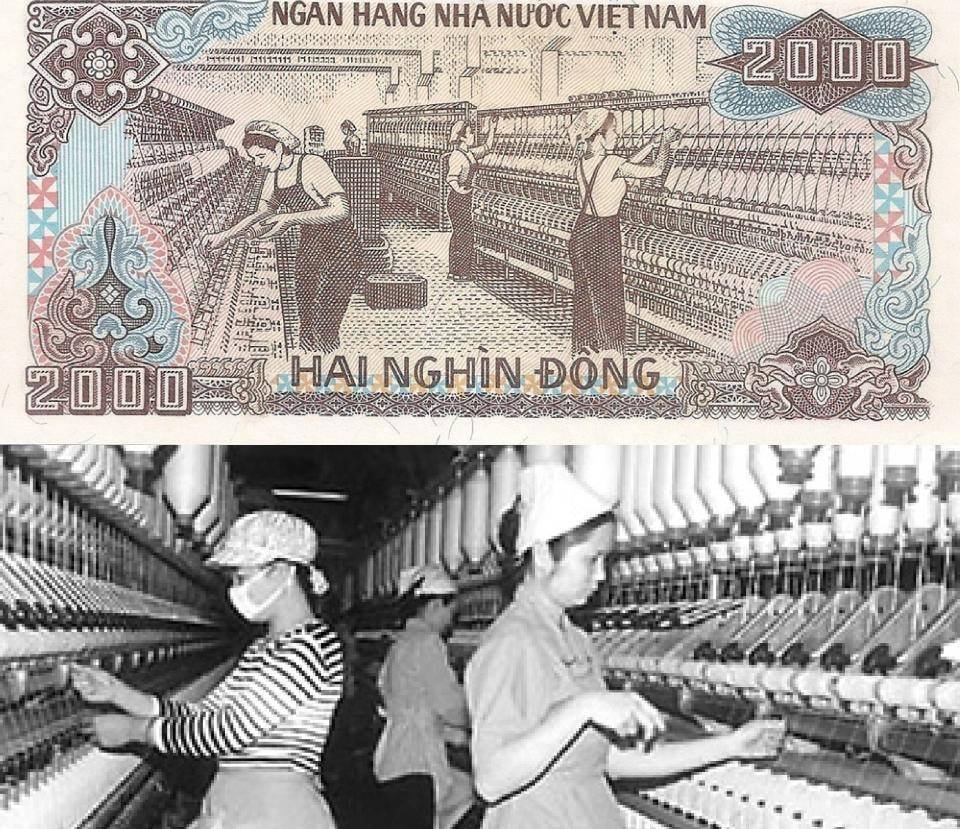 |
Nam Dinh Spinning Factory in the past
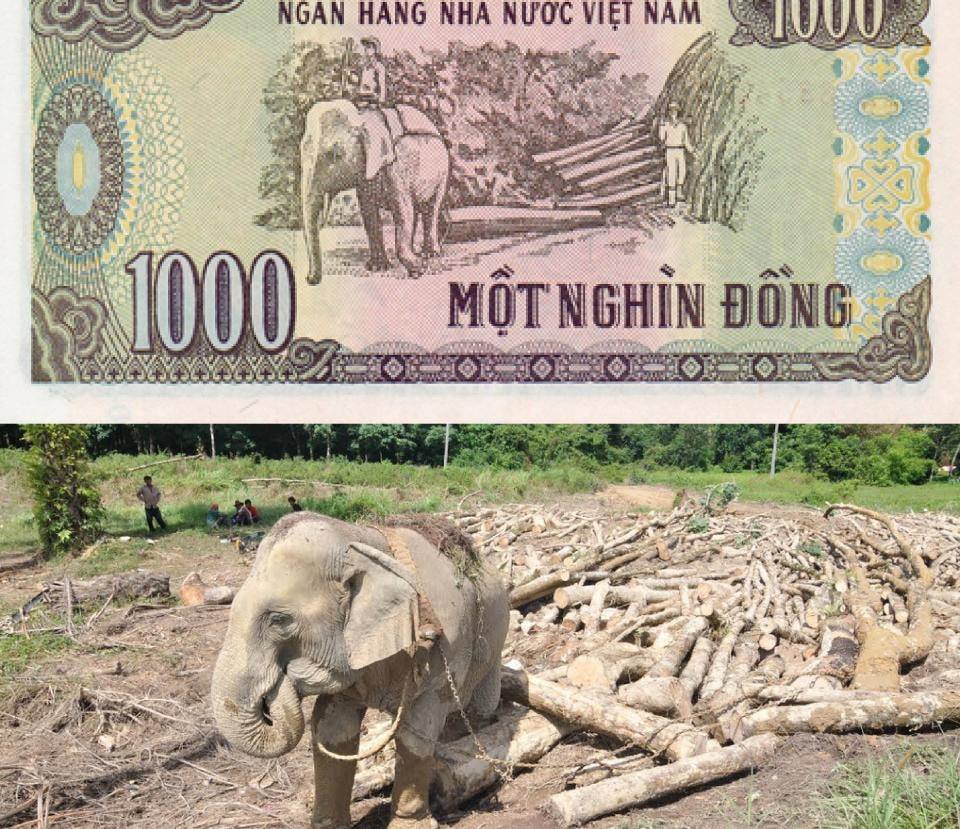 |
Forest exploitation in Tay Nguyen
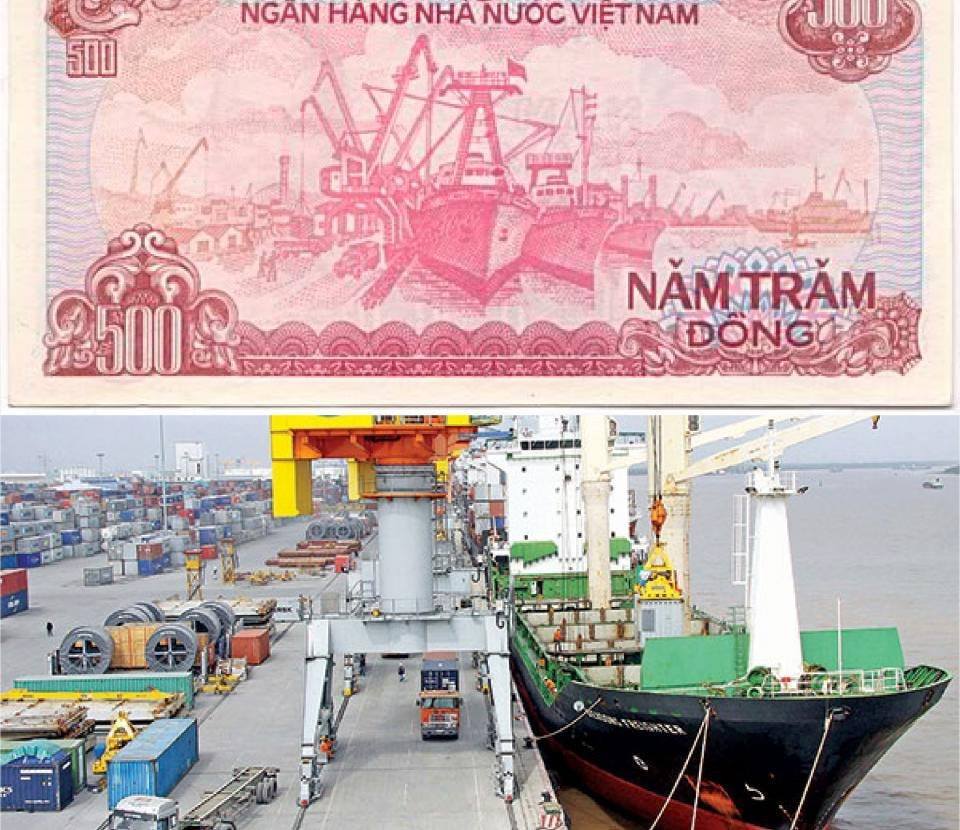 |
Hai Phong port
VNF
Recommended
 Viet's Home
Viet's Home
Compassion House - John Donovan Project Supports 10 Great Solidarity Houses in Tien Giang
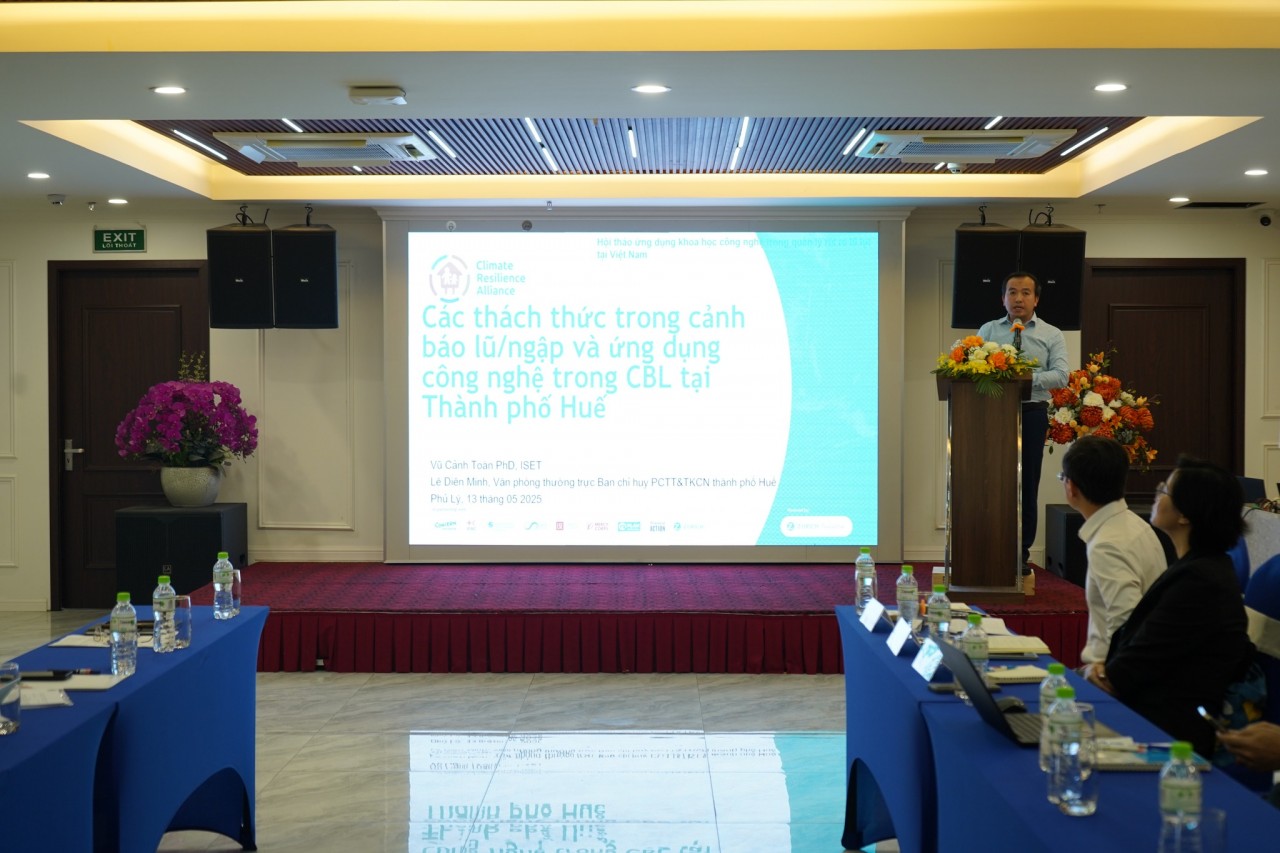 Viet's Home
Viet's Home
Harnessing Emerging Technologies for Flood Risk Warning in Vietnam
 Viet's Home
Viet's Home
Tzu Chi Grants Over VND 2 Billion to Support Disadvantaged Students in Hai Duong
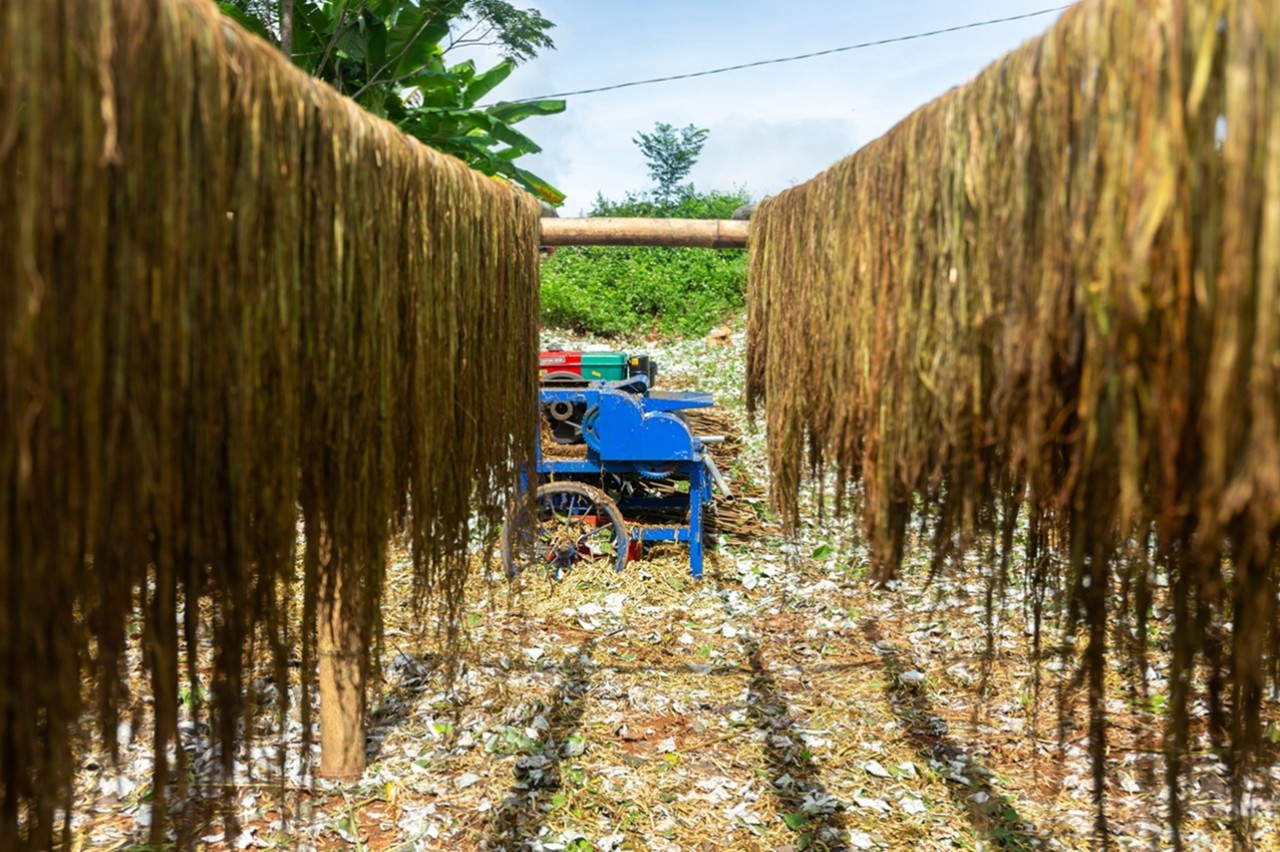 Viet's Home
Viet's Home
CARE Supports Hoa Binh Residents to Develop Sustainable Hemp Products
Popular article
 Viet's Home
Viet's Home
"Ho Chi Minh Biography" in Greek Launched in Athens
 Viet's Home
Viet's Home
French-Vietnamese Author Introduces Book Series "Memories of Overseas Vietnamese"
 Viet's Home
Viet's Home
Vietnam's Human Development Index Remains High
 Viet's Home
Viet's Home



